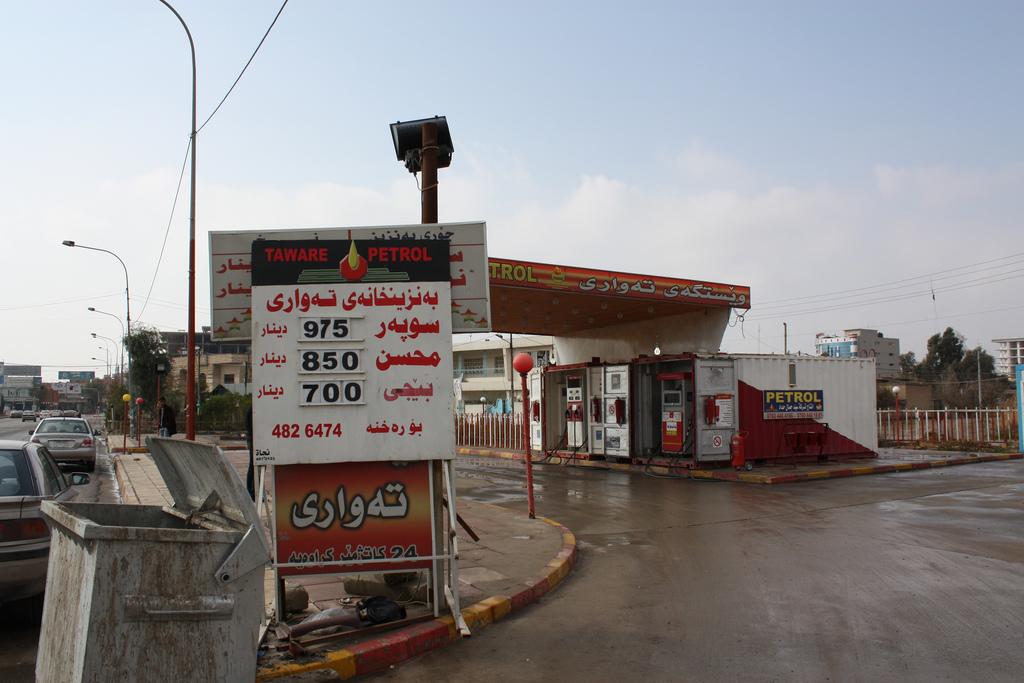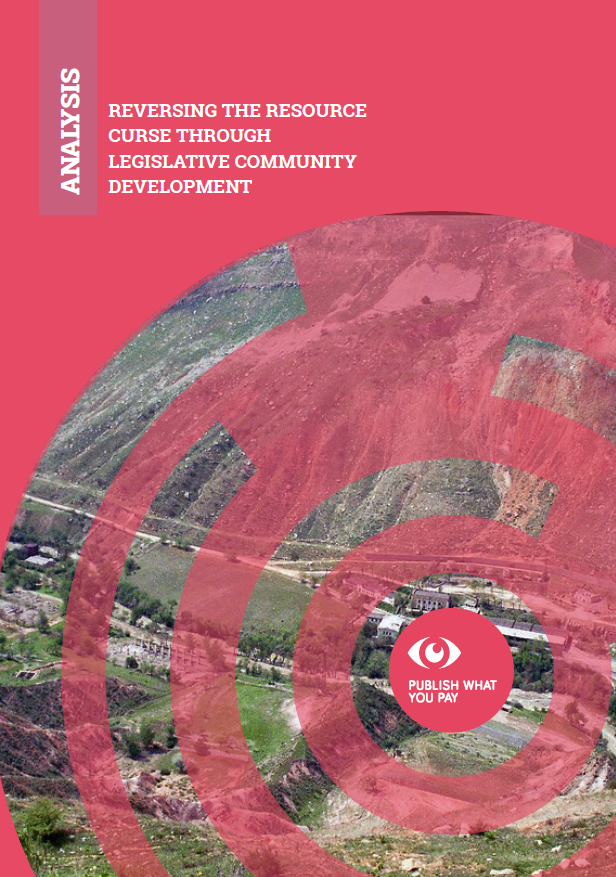Iraq’s oil reserves are some of the highest in the world and the main sources of revenue for the Iraqi government. The country’s oil export policy has also been critical in defining international oil supply and pricing. By becoming an EITI compliant country in 2012, Iraq took steps in the right direction to ensure good governance of the sector. But despite four EITI reports issued and two million USD spent during the process, Iraq still has a long distance to cover before it can say that its citizens are truly benefiting from the EITI, i.e. using transparency to promote accountability, reform, and subsequently changing oil revenues into sustainable development.
This is why, on the 1st of June, under the auspices of the Natural Resource Governance Institute’s MENA office and in collaboration with the international secretariat of the EITI, a four day workshop for the Iraqi Multi Stakeholder Group (MSG) and the national EITI secretariat was held in Beirut, Lebanon. Six members of the Iraqi parliament, including the head of the oil committee, and members of the Iraqi media also joined the workshop.
The focus of the workshop was to assess the progress of the EITI process in Iraq so far, discuss the legal framework and the reporting requirements in the EITI 2013 Standard. In addition, the relevance of contract transparency and beneficial ownership to the Iraqi context was discussed as well as the importance of consolidating a well formulated work plan for the MSG.
Together, the group identified the main challenges facing the Iraq oil sector. The lack of a legal framework and an oil policy, the on-going issues with the Kurdish Regional Government (KRG) on the management of oil revenues from the Extractive Industries sector in that region, the ambiguity surrounding the role of the state-owned oil companies and the coordination between them and the Iraqi government, as well as the lack of infrastructure maintenance (pipelines, refineries, warehouses, among others) are all issues that prevent Iraq to truly benefit from its oil resource.
The members of parliament, in particular the head of the oil committee, acknowledged the bigger role that the Iraqi parliament can play in addressing some of these challenges, in particular the ones pertaining to the legal framework and oil policy. Discussions led by Publish What You Pay (PWYP) looked at the pivotal role played by the parliament in other EITI implementing countries. Examples from Cameroon, Congo Brazzaville and Mongolia showed how the collaboration between members of parliament and civil society is resulting in transparency bills and enhancing the legal framework of the Extractive Industries in these countries. But the seat for a Parliamentarian representative on the MSG has remained empty since its formation.
The workshop showed the role that the Iraqi parliament can and should play in addressing major challenges in the oil sector, and it is time that it became genuinely involved in transforming the EITI into a meaningful process for the country and its citizens. It is time for Iraq to take the next steps in order to move from transparency into accountability, or the country will remain another victim of the resource curse.











